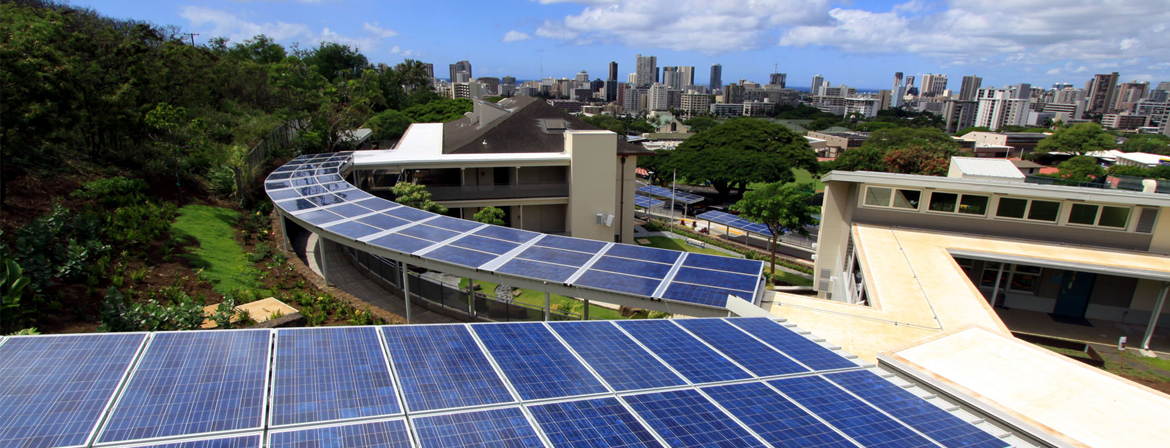Energy Conservation Techniques as Innovations, and their Diffusion
Darley, J. M. (1977-78). Energy conservation techniques as innovations, and their diffusion. Energy and Buildings, 1, 339-343.
Diffusion of Energy-Conserving Innovations
Darley, J. M., & Beniger, J. R. (1981). Diffusion of energy-conserving innovations. Journal of Social Issues, 37, 2, 150-171.
Evaluating Acceptability and Effectiveness of Consumer Energy Conservation Programs
Claxton, J. D., Ritchie, J. R., & McDougall, G. H. (1983). Evaluating acceptability and effectiveness of consumer energy conservation programs. Journal of Economic Psychology, 4, 1-2, 71-83.
Energy Conservation Behavior: The Difficult Path from Information to Action
Costanzo, M., Archer, D., Aronson, E., & Pettigrew, T. (1986). Energy conservation behavior: The difficult path from information to action. American Psychologist, 41, 5, 521-528.
Assessing Communication Effects on Energy Conservation
Craig, C. S. & McCann, J. M. (1978). Assessing communication effects on energy conservation. Journal of Consumer Research, 5, 82-88.
From Social Psychology to Political Economy: A Model of Energy Use Behavior
Dholakia, R. R., Dholakia, N., & Firat, A. F. (1983). From social psychology to political economy: A model of energy use behavior. Journal of Economic Psychology, 3, 3-4, 231-247.
Lifestyle and Home Energy Conservation in the United States: The Poor Accept Lifestyle Cutbacks while the Wealthy Invest in Conservation
Dillman, D. A., Rosa, E. A., & Dillman, J. J. (1983). Lifestyle and home energy conservation in the United States: The poor accept lifestyle cutbacks while the wealthy invest in conservation. Journal of Economic Psychology, 3, 3-4, 299-315.
Predicting Attitudes to Oil and to Nuclear Energy
Eiser, J. R., Spears, R., & Webley, P. (1988). Predicting attitudes to oil and to nuclear energy. Journal of Environmental Psychology, 8, 2, 141-147.
Why Is it So Hard to Sell "Savings" as a Reason for Energy Conservation?
Feldman, S. (1987). Why is it so hard to sell "savings" as a reason for energy conservation?. Energy Efficiency: Perspectives on Individual behavior, 27-40.
Nuclear Attitudes after Chernobyl: A Cross-National Study. Special Issue: Psychological Fallout from the Chernobyl Nuclear Accident
Eiser, J. R., Hannover, B., Mann, L., Morin, M., et al. (1990). Nuclear attitudes after Chernobyl: A cross-national study. Special Issue: Psychological fallout from the Chernobyl nuclear accident. Journal of Environmental Psychology, 10, 2, 101-110.



